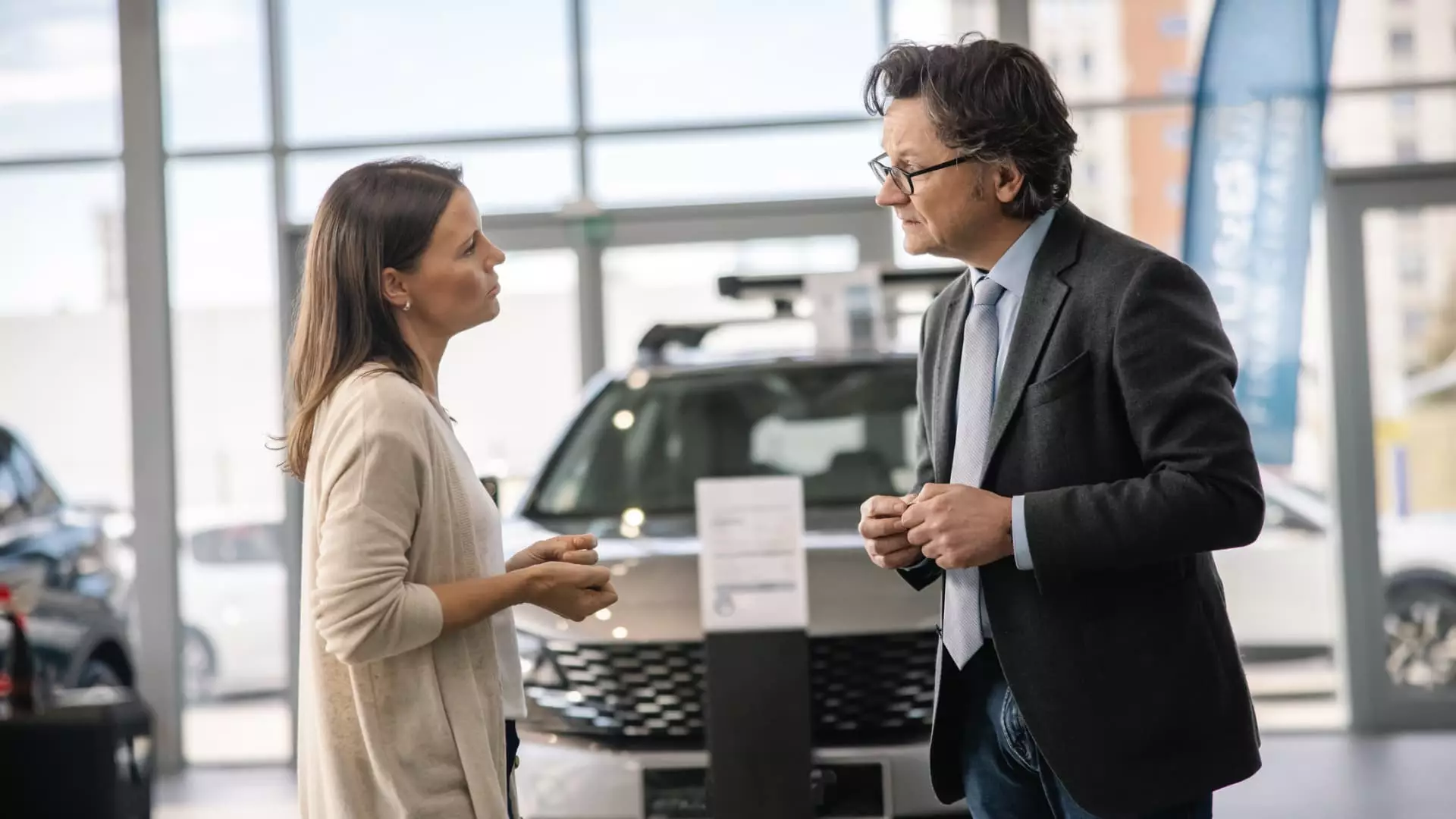In today’s age of rapid technological advances, new cars are being equipped with an array of high-tech features that promise to enhance the driving experience and provide convenience to car owners. However, with these developments come concerns about driver privacy, as highlighted by Ivan Drury, the director of insights at Edmunds. The integration of technologies such as built-in computers and GPS systems in vehicles raises questions about the extent of data collection by car manufacturers and the subsequent sharing and selling of this data to third parties.
A report by Mozilla examining the privacy practices of 25 different car brands revealed alarming statistics. The report indicated that a significant percentage of car manufacturers share personal data with service providers, data brokers, and other undisclosed parties. Moreover, a substantial number of brands engage in selling customer data to third-party entities. Only a couple of car brands, Renault and Dacia, permit users to delete their personal data, highlighting the lack of transparency and control in the industry’s data practices.
Theresa Payton, the founder and CEO of Fortalice Solutions, characterized the data collection landscape in the automotive industry as the “Wild, Wild West.” She emphasized the existing challenges for consumers in navigating through privacy concerns while selecting a vehicle that aligns with their budgets and privacy preferences. The blurred line between the data collected by modern cars and that shared by smartphones underscores the pervasive nature of data collection across various devices.
Amidst the complexity of data collection practices in the automotive sector, experts have outlined three crucial steps for car shoppers to evaluate potential new cars effectively. The first step involves engaging with the dealership to gain insights into the brand’s data collection policies. By inquiring about privacy practices, opt-in/opt-out options, and data anonymization possibilities, consumers can make informed decisions regarding their data sharing preferences.
Seeking guidance from service managers and advisers at the dealership can offer valuable information about a vehicle’s technical components and privacy implications. Additionally, consulting auto insurance providers regarding data collection can shed light on the extent of data sharing practices between car manufacturers and insurers. By proactively addressing privacy concerns at the dealership level and with insurance providers, consumers can gain a comprehensive understanding of their data exposure.
To safeguard their privacy in the era of connected cars, consumers can leverage tools such as Privacy4Cars to delete personal data stored by automakers effectively. These resources provide users with the means to protect their data privacy and maintain control over the information shared by their vehicles. By periodically clearing personalized data from onboard computers and utilizing online privacy tools, individuals can mitigate the risks associated with widespread data collection in modern vehicles.
While disconnecting certain components or chips from vehicles may seem like a viable privacy solution, experts caution against tampering with integrated systems. The interconnected nature of onboard computer systems in cars underscores the complexities involved in attempting to isolate individual components for privacy reasons. While older, used cars may offer fewer high-tech features, they come with their own set of risks and limitations, particularly in terms of safety features and technological advancements that enhance driver assistance and vehicle security.
The convergence of high-tech features and data collection practices in modern cars underscores the importance of consumer awareness and proactive measures to protect privacy. As the automotive industry continues to innovate and integrate advanced technologies, consumers must stay informed about data sharing practices and utilize available tools to safeguard their personal information while enjoying the benefits of technological progress in driving experiences.

